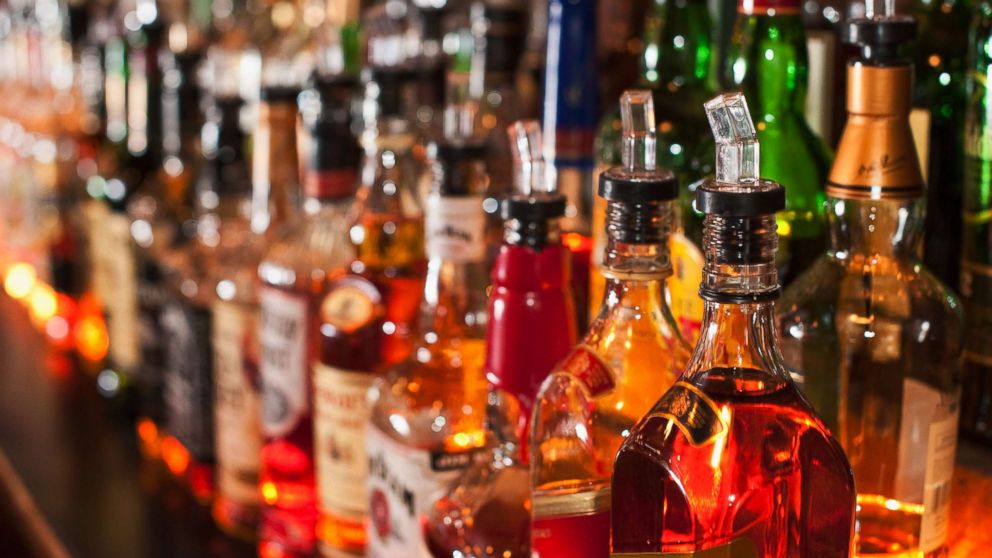


Consuming alcoholic beverages, even in moderation, may increase your risk of developing certain cancers, according to a new statement released by the American Society of Clinical Oncology (ASCO).
"People typically don't associate drinking beer, wine, and hard liquor with increasing their risk of developing cancer in their lifetimes," Dr. Bruce Johnson, president of the ASCO, an organization of cancer doctors, said in a statement.
Consuming just 1 alcoholic drink a day increases breast cancer risk, report finds 'Healthy Living for Summer': The effects of alcohol"The link between increased alcohol consumption and cancer has been firmly established," Johnson added. He said he hopes that this knowledge empowers doctors "to help their patients reduce their risk of cancer."
The new review of past studies on the link between alcohol and cancer, published Tuesday in the Journal of Clinical Oncology, found that approximately 3.5 percent of all cancer deaths in the U.S. can be attributed to alcohol consumption.
In addition, researchers said that in 2012, approximately 5.5 percent of all new cancer occurrences and 5.8 percent of all cancer deaths globally could be attributed to drinking alcohol.
Although heavy, long-term, drinkers were found to have the greatest risks of developing cancer, even modest alcohol consumption may increase cancer risk, researchers said in the publication.
If a drinker stops consuming alcohol for 20 years or more, however, their risk of cancer reverts back to that of non-drinkers, according to the researchers' analysis.
ABC News' chief medical correspondent, Dr. Jennifer Ashton, said that alcohol has been a known human carcinogen, or known to cause cancer, for a long time within the medical community.
Ashton said that moderate alcohol consumption is defined as up to an average of one drink a day for women (or seven drinks per week) and two drinks a day for men (or 14 drinks a week). She added that this can also cause confusion because of the various types of alcohol available.
For wine, a standard serving size is considered to be 5 ounces. For beer, 12 ounces is considered a standard serving size. Meanwhile, for hard liquor, 1.5 ounces is considered a standard serving. Ashton adds that if you pour more than these standard serving sizes, it counts for more than one drink.
Ashton said alcohol consumption has been shown to be a causative factor in a wide range of cancers, including cancer of the head and neck, esophagus, breast and colon. It may also be associated with liver cancer, according to Ashton.
Many people may not recognize the link between alcohol and cancer, Ashton said, and thus may be missing out on an opportunity to lower cancer risk factors.
The 11-page ASCO statement on alcohol and cancer says that "associations between alcohol drinking and cancer risk have been observed consistently regardless of the specific type of alcoholic beverages," meaning the link between alcohol and certain cancers was not specific to consumption of just beer, wine, or other types of liquor.
In addition to increasing risk factors for certain types of cancer, the ASCO review also found that drinking alcohol can have an adverse effect on treatment and outcomes for patients with cancer.
"Limiting alcohol intake is a means to prevent cancer," Dr. Noelle LoConte, one of the publication's authors and a professor of medicine at the University of Wisconsin said in a statement.
LeConte said the new ASCO statement joins other public health organizations "in recognizing that even moderate alcohol use can cause cancer."
"The good news is that, just like people wear sunscreen to limit their risk of skin cancer, limiting alcohol intake is one more thing people can do to reduce their overall risk of developing cancer," LoConte added.